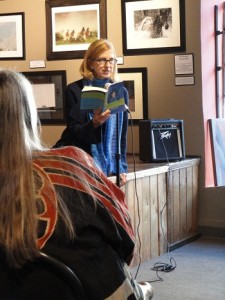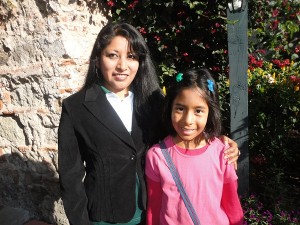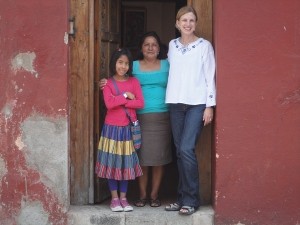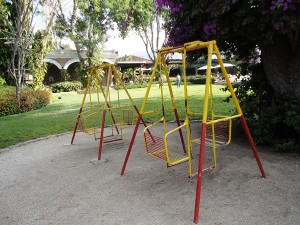Back in February of this year, I posted a blog about Frank and Gabrielle Shimkus, who along with other families known as the Kyrgyz 65, were waiting for their adoption from Kyrgyzstan to be finalized. Their plight sounded sadly similar to that of families waiting for children in Guatemala, the group known as the Guatemala900. Gabrielle explained:
We received our referral in Aug. 2008. A little boy, 2 months old, with a cleft lip and palate. He was as frail as could be. We had all of our paperwork here in the US approved and our dossier in Kyrgyzstan. We went for our first visit in November 2008, and spent 2 full weeks with him, loving him.
It was only supposed to be one more month before we returned to go to Kyrgyz court and take him home with us for good, but that didn’t happen. One day the Kyrgyz government heard rumblings of people forging paperwork. It turns out to be vaguely true, but of another country, not ours. That day they decided their adoption laws were too easy and in one fell swoop got rid of every law on the books. They did not consider that there were 65 families in the immediate pipeline to adopt—families, like ours, who were weeks away from that one court hearing that would have allowed us to take our kids home. Their government refused to allow our adoptions to go forward because they no longer had the laws to finish them.
Still they dangled the carrot in front of us. “Just give us a few months. 6 months we promise. You will have your kids by Christmas.” They then placed a moratorium on international adoptions.
After months of hanging by a thread, the country elected a new president, who was the first female Asian president. She heard our pleas, told us to be patient. Months more went by. A new Parliament was elected and we were promised our legislation would be one of the first to go through. It didn’t happen. The US State Department has been involved all along, but provide us with no concrete answers.
We are now 2 1/2 years since this tragedy began. The 65 families have a forum where we keep in daily contact with each other. We have contacted every Senator, Congressman, and person of influence we can think of. Some of the families have dropped off. 2 of the children have died waiting. Yes, 2 children are dead because they succumbed to illnesses treatable here in the US. It is horrible, beyond words.
The crazy thing is that all along they have said we can have our kids. Very few people are against this. They just don’t have the know-how to finish our process. Crazy to still hold on to hope when everytime it gets ripped out from under us. Still, no one will tell us “NO YOU CAN’T HAVE YOUR KID.” Maybe if they did things would be different. Maybe some of the parents could heal and move on. But the carrot is still out there dangling. We get pictures every few months, and that is the closest we come.
I’m thrilled to report that Radio Free Europe has posted an article titled Kyrgyzstan Lifts Ban on International Adoption. The family profiled is none other than the Shimkuses. As my children would say, Yippee!!
Read the Radio Free Europe article here, and another regarding the official announcement by the Kyrgyzstan government here.
And please keep sending positive thoughts for the Guatemala900.



 ShareThis
ShareThis






